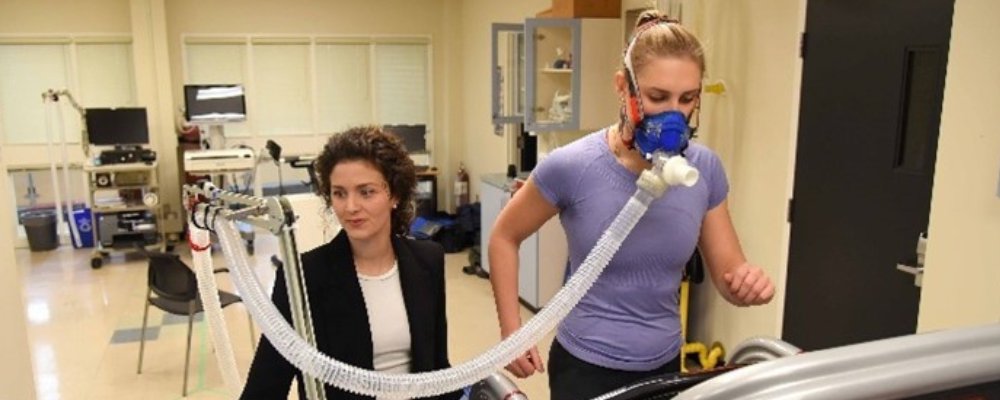
Voice of the Editor
Josephine Adams, Editor-in-Chief of Physiological Reports
“I am delighted that this issue of Physiology News features interviews with our two winners, providing the opportunity to learn more about the ideas and aspirations of Kevin John (University of Canberra, Australia) and Josh Thorley (University of Nottingham, UK).”

As the new year moves toward Spring, the Physiological Reports team wishes all authors, reviewers and readers of the journal a happy, healthy and productive 2025. We congratulate the authors of the most-read Research papers and Review articles published in 2024 (Fig. 1).

Figure 1
Looking back, Physiological Reports ended 2024 on a high note with the announcement of the winners of our Early Career Researcher Short Review article competition on “The Future of Physiology”. Reading all the entries proved an interesting and enjoyable task for the editors. We were pleased by the general high quality of the submissions and the breadth of physiological topics that they covered. The winning articles are available to read at https://physoc.onlinelibrary.wiley.com/doi/toc/10.1002/(ISSN)2051-817X.10th-Anniversary-Collection. I am delighted that this issue of Physiology News features interviews with our two winners, providing the opportunity to learn more about the ideas and aspirations of Kevin John (University of Canberra, Australia) and Josh Thorley (University of Nottingham, UK). Congratulations to Lorcan Daly (Technological University of the Shannon, Republic of Ireland), awarded Highly Commended, Postdoctoral category, for his article, ‘The future of physiological research: A greater understanding of female master athletes and aging?’.
Physiological Reports has now embarked on some exciting new initiatives for 2025. For those who like to have access to quick updates on journal activities or individual newly-published papers, there is a new option to follow Physiological Reports on Bluesky social media (@physrep.bsky.social). This complements the option of receiving issue-based information by signing up for the eTable of Contents (eToC; see https://physoc.onlinelibrary.wiley.com/journal/2051817x )
A major activity for 2025 and onwards is the journal’s new multi-disciplinary Call for Papers on “Women’s Health Research in Basic and Translational Physiology”. This Call is aligned with the ongoing “Women’s Health Research Initiative” (WHRI) at the American Physiological Society (APS). This initiative aims to promote research that identifies and minimises knowledge gaps on female physiology and pathophysiology, with the over-arching goal to “elevate issues surrounding the state of women’s health research and increase the visibility of women’s health research specialties and investigators”. More information about the WHRI is provided at https://www.physiology.org/career/teaching-learning-resources/womens-health-research-initiative.
Historically, the study of human female physiology has been under-represented in biomedical and translational research and much work with animal models has focused on male animals. Pregnancy, maternal-fetal interactions, and menopause have been major areas for female physiology research, however sex differences in many areas of human/mammalian physiology have also now been appreciated, such as in the life-course presentation of cardiovascular diseases. Nevertheless, sex data gaps persist and impact the value of pre-clinical research outcomes and the progress to translation.
Physiological Reports’ Call for Papers aims to make a contribution to closing these knowledge gaps and increasing the visibility of female physiology research and investigators. This Call will complement the discipline-specific WHRI Calls for Papers now running at the APS research journals by considering scientifically sound manuscripts related to all areas of basic and translational research into female physiology in health or disease.
The research may focus on human physiology, or utilise animal models that, for example, examine sex-differences or female-specific physiology. We welcome relevant submissions of all manuscript types, either directly or by transfer from any of the supporter journals. Further information on this Call for Papers may be found at https://physoc.onlinelibrary.wiley.com/hub/journal/2051817x/call-for-papers/si-2024-001324 .
The Editors look forward to receiving many papers of interest and I will return to this topic in a future Editor’s column.



